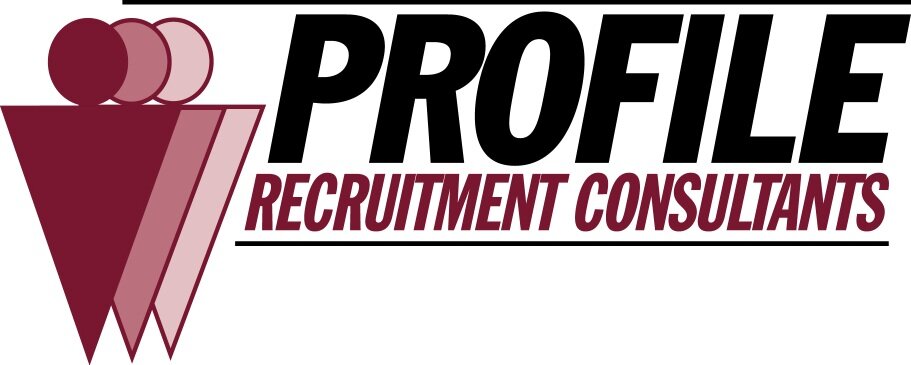Your Success is Our Success
Tips for a Successful Interview
1.Research the Company
Ensure you are thoroughly informed about the position and the organization before your interview. Whenever possible get a job description or review the details of the position. You should know approximately what the salary range is for the position (particularly if going through an agency). Research the organization and affiliations. Be aware of recent mergers, activity, downsizing, growth and competition. Be aware of all products and services. Know at least some of the key names within the organization. However, do not use this information too readily. It may intimidate the interviewer!
2. Resume
Your resume is your calling card. Make sure it presents you in your best light. A potential employer will usually devote only 10 to 15 seconds to initially look over your resume. The resume, career objective and cover letter should be tailored to the specific position you are seeking/responding to. Try to use words and phrases in your cover letter that appear in the job description. Any education related to the position should appear before your employment history, including any university degrees. Keep your resume short and to the point. It should be no more than 2 pages in length unless a CV has been requested. Use bullets for position details. Make sure that the work history most related to the position desired is on the front page. Anything that is not related should be pared down in terms of space. Synopsize where possible rather than go into lengthy descriptions and avoid using terminology that is industry specific, or not self-explanatory. Don't include work history that goes back more than 10 to 12 years. The last three positions should be sufficient to show your career history. Computer skills and extra courses can be listed at the end of your resume. Do not list interests and hobbies, or extracurricular activities, unless they are related to the position.
Take copies of your resume, reference letters, performance appraisals, samples of work, transcripts of education and any other information you have in order to present yourself positively. Make sure you are familiar with all dates and information on your resume. Be prepared to go into detail and to answer specific questions which may relate to situations you have had to handle; for example a conflict with a co-worker, or where you may have had several people needing work done at the same time (sometimes called Behavioural Interviewing).
Make sure your resume does not have any typographical, formatting or grammatical errors! Have someone else look over the final format before sending. Do not rely on spell check.
3. Transit and Travel
Make sure you know the exact location and how to get there. Allow for extra time in case of traffic or transit problems. Do you know where to park? Are you familiar with the transit route? Get there five or ten minutes early.
4. Dress
Dress should be appropriate, businesslike and conservative. Grooming should be impeccable. Invest in one or two business suits with coordinating shirts/blouses, well-heeled shoes and a briefcase (Pantyhose is a necessity for women). Always look successful.
Do some research on the corporate culture of the firm you are interviewing with, and dress appropriately. Banking/finance and legal are more conservative than say marketing or high-tech start-ups for example.
Remember that you never get a second chance to make a good impression. It is better to be overdressed than undressed always. Clothes that are too tight or ill-fitting, skirts that are too short or tops that show cleavage are not appropriate for an interview situation.
Review our section on Building a Business Wardrobe for both men and women for more tips.
5. The Interview
When meeting the interviewer, give a firm handshake, address your interviewer by name, smile and make eye contact. Answer questions in a conversational but professional manner. Keep your responses pertinent to the questions. You may be asked to talk about yourself, but keep your entire life history to non-business situations! An interviewer is interested in how you and your experience best suit the position and the company. Do not take notes, and do not be concerned if your interviewer takes notes. Never speak negatively about present or previous work situations.
At the end of the interview you may have an opportunity to ask questions. Express enthusiasm and interest in the company and the position. Thank the interviewer for their time. You may ask what the next step would be in their hiring process. Do not discuss money/salary during the interview, or ask about benefits and vacation, unless the interviewer introduces these subjects. End the interview with a handshake.
6. Follow-Up
A follow-up note or thank you letter sent after the interview, if you are interested in the position and organization, is a good way to keep your name visible. A follow-up call within a week is a good idea, if you have not been contacted. Even if the position is not perfectly suited to you, the organization could be hiring for another position shortly, so always leave a positive impression.
If an agency arranged the interview for you, call them immediately. It is important for the agency to get your response about the position, before they talk to the employer. A positive response from you can often lead to a positive response from the employer. Keep in touch with your agency.

